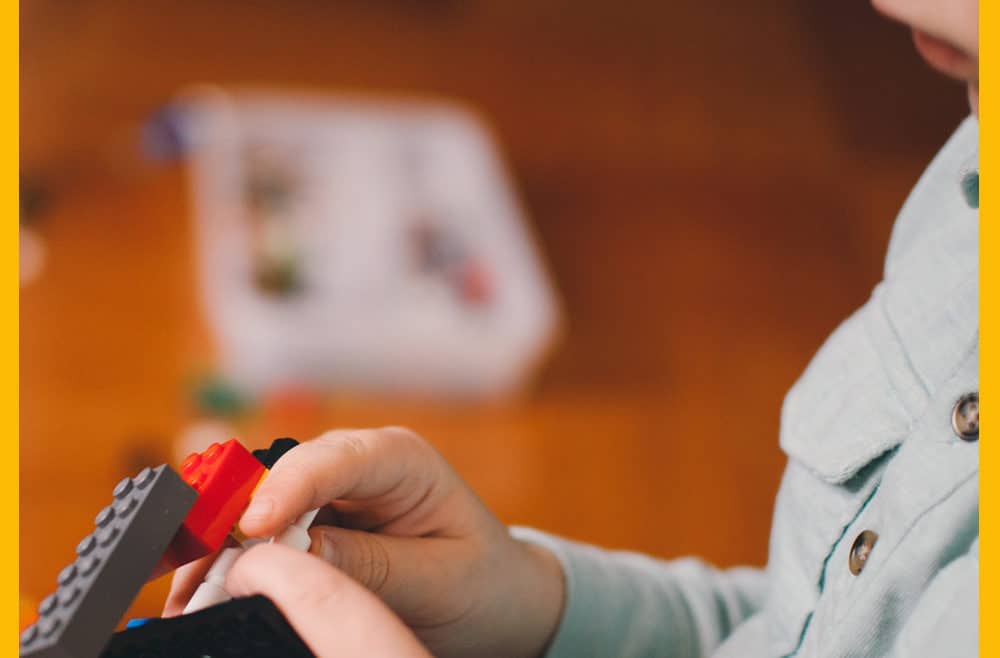Not too long ago, we as a society used to think of children as being autistic or not, disabled or not. Today, our way of thinking about autism has come a long way, and we now speak in terms of “the spectrum.” Plenty of very highly functioning people are somewhere on the spectrum, which has helped reduce the stigma around autism and improved awareness about what autism spectrum disorder can look like and who can be affected by it.
At PTN, we see every child as an individual. Being on the spectrum is neither a blessing nor a curse – it simply is – and we are eager to meet every child where they are, help them see their unique strengths and abilities, and create a plan that will help them face the world with more confidence and joy.
In some cases, intensive therapeutic protocols are appropriate, but when possible, we prefer to utilize the least restrictive approach that provides maximum therapeutic benefit. A big part of doing that is not separating out children we work with and making them feel “other,” but instead working with them in the environments where they are most comfortable – they’re home, school, or local playground.
By creating treatment plans specifically designed for each individual child in the places they love most, we’re better able to help those children build life-long skills. Working in these sorts of familiar spaces also makes it easier for parents, siblings, and other care-takers to get involved and learn how they can be the best possible support or friend to your child.
In terms of specific therapies, every session is different, because every child is different. Our occupational therapists utilize a play-based approach, because play is how we learn best, and that’s true for our whole lives. Games and interactive activities should be flexible and fun, never rigid. Through play, our therapists can help build skills like listening, following directions, social awareness, coordination, strength, speech, and much more. In designing specific sessions, our occupational therapists can talk to parents and observe children engaging in their daily routines to see where they’re already doing well and where they might need additional support. .
To learn more, please give our office a call anytime. We are always happy to schedule free consultations or answer any questions you may have about our multidisciplinary pediatric therapy services.




